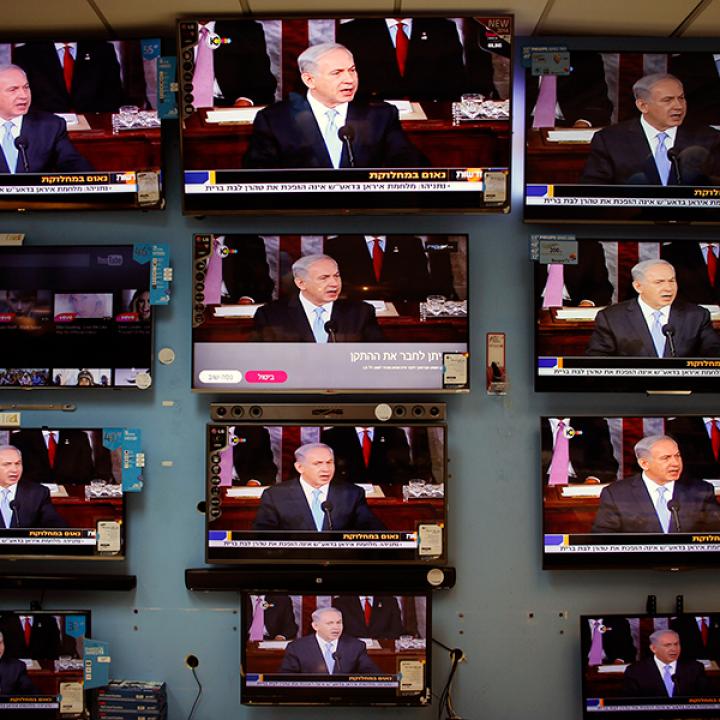

Whatever one thinks of the circumstances of his address, Netanyahu raised concrete concerns that should not simply be dismissed.
The Obama administration's case for nuclear negotiations with Iran includes a set of propositions that, taken together, are contradictory. U.S. officials insist that "no deal is better than a bad deal." They also suggest, however, that the alternative to the deal on offer is military action -- which they say would ensure that Iran moves to obtain nuclear weapons.
By this logic, any deal we can get is, by definition, a good deal insofar as it averts military action. The administration has not said this outright, but the implication is unavoidable -- and reinforces suspicions among U.S. allies in the Middle East that we are desperate to reach an agreement with Iran.
In his speech Tuesday, Israeli Prime Minister Benjamin Netanyahu disputed the notion that war is the only alternative to the current proposal. He argued for three changes: that any deal leave Iran with less nuclear infrastructure than the U.S. proposes countenancing; that the "sunset clause" be scrapped; and that the final lifting of sanctions be contingent on Iran renouncing its support for terrorism and other behavior that destabilizes the region.
Each of these is a serious proposal. Olli Heinonen, former deputy director-general of the International Atomic Energy Agency, has argued that allowing Iran to retain 6,500 centrifuges suggests that they have a military purpose rather than a civilian function. He and nuclear expert David Albright have also explained the merits of more sharply limiting Iran's infrastructure to protect against a crisis in the future.
The sunset clause is problematic in that it incentivizes Iran to play for time in anticipation of the day restrictions are eased; it also encourages Iran's regional rivals to place any nuclear efforts of their own on the same timeline. A better approach -- offered in 2006 by the Western powers negotiating today -- would be to make any review of the moratorium dependent not on time elapsed but on less arbitrary factors.
Mr. Netanyahu's suggestion that final sanctions relief be linked to terrorism and other issues addresses a key but little-acknowledged problem inherent in the narrow U.S. focus on the nuclear issue: how to deter Iranian malfeasance in an environment in which sanctions that have been linked to Iran's nuclear program as well as to other concerns are being eased. The administration, having zeroed in on a subset of nuclear issues to the exclusion of other disputes, would surely reject Mr. Netanyahu's proposed linkage. But it has offered no solution to this conundrum itself.
There are points Mr. Netanyahu neglected that other critics would regard as equally important: for example, requiring Iran to address its past weaponization work (or "PMD" in negotiating parlance) as part of any deal. The U.S. position on this is unclear.
Whatever one thinks of the circumstances of his address, Mr. Netanyahu raised concrete objections to specific terms of an agreement that is not yet finalized. That's hardly radical. To simply dismiss the concerns of a close U.S. ally as not "viable" is not a satisfactory response: It implies that our negotiating positions are beyond examination. Doing so is also hypocritical, as Obama administration officials do not hesitate to say that the Bush administration could have resolved the nuclear dispute had it made different negotiating decisions. It would be far more compelling for the Obama administration to explain and defend its own positions.
Michael Singh is the managing director and Lane-Swig Senior Fellow at The Washington Institute. This article originally appeared on the Wall Street Journal blog "Think Tank."
Wall Street Journal



